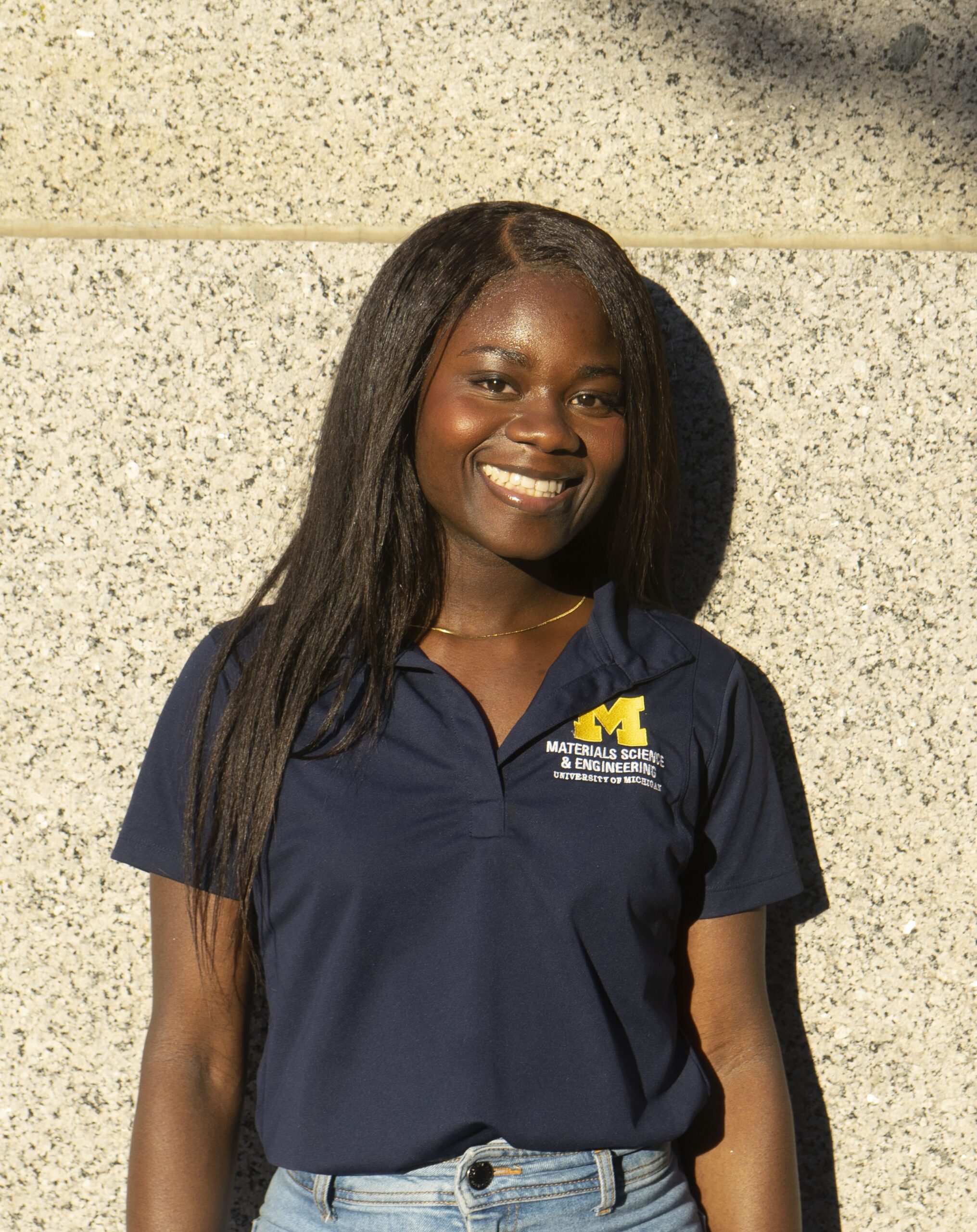Engineering Teaching Consultants (ETCs)
This video answers the following: What kind of GSIs make great ETCs? What do ETCs do? What is the time commitment like as an ETC? What did you take away from being an ETC?
Who are the Engineering Teaching Consultants?
The Engineering Teaching Consultants (ETCs) at Michigan Engineering are a group of experienced Graduate Student Instructors (GSIs) who serve as consultants and teaching mentors to the rest of the GSI and IA population in Michigan Engineering. The ETCs are centrally organized through the Office of the Associate Dean for Graduate Education and are trained and supervised by staff from the Center for Research on Learning and Teaching in Engineering (CRLT-Engin).
The ETC program was founded on the belief that, in addition to mentoring from faculty, developing GSIs could benefit from the unique guidance, support, and experience that peer mentors provide. This relationship provides a safe venue for the exploration of teaching strategies and discussion of teaching initiatives and issues. ETCs are trained to mentor in a facilitative way, with a collegial style of interaction preferred by most GSIs. The nature of the peer mentor-mentee interaction is such that it benefits both individuals and becomes a valuable learning experience for the ETCs as well.
Could I be an Engineering Teaching Consultant?
If you are a Michigan Engineering graduate student with one or more semesters of engineering teaching experience, you are eligible to become an ETC. Applicants need one semester of teaching experience but, more importantly, a passion for discussing and improving teaching practices. No consulting experience is necessary.
If you are interested in applying but would like to learn more, you can indicate your interest in the ETC program here.










